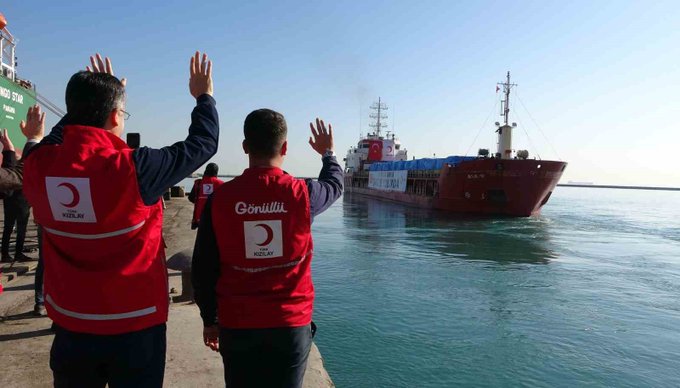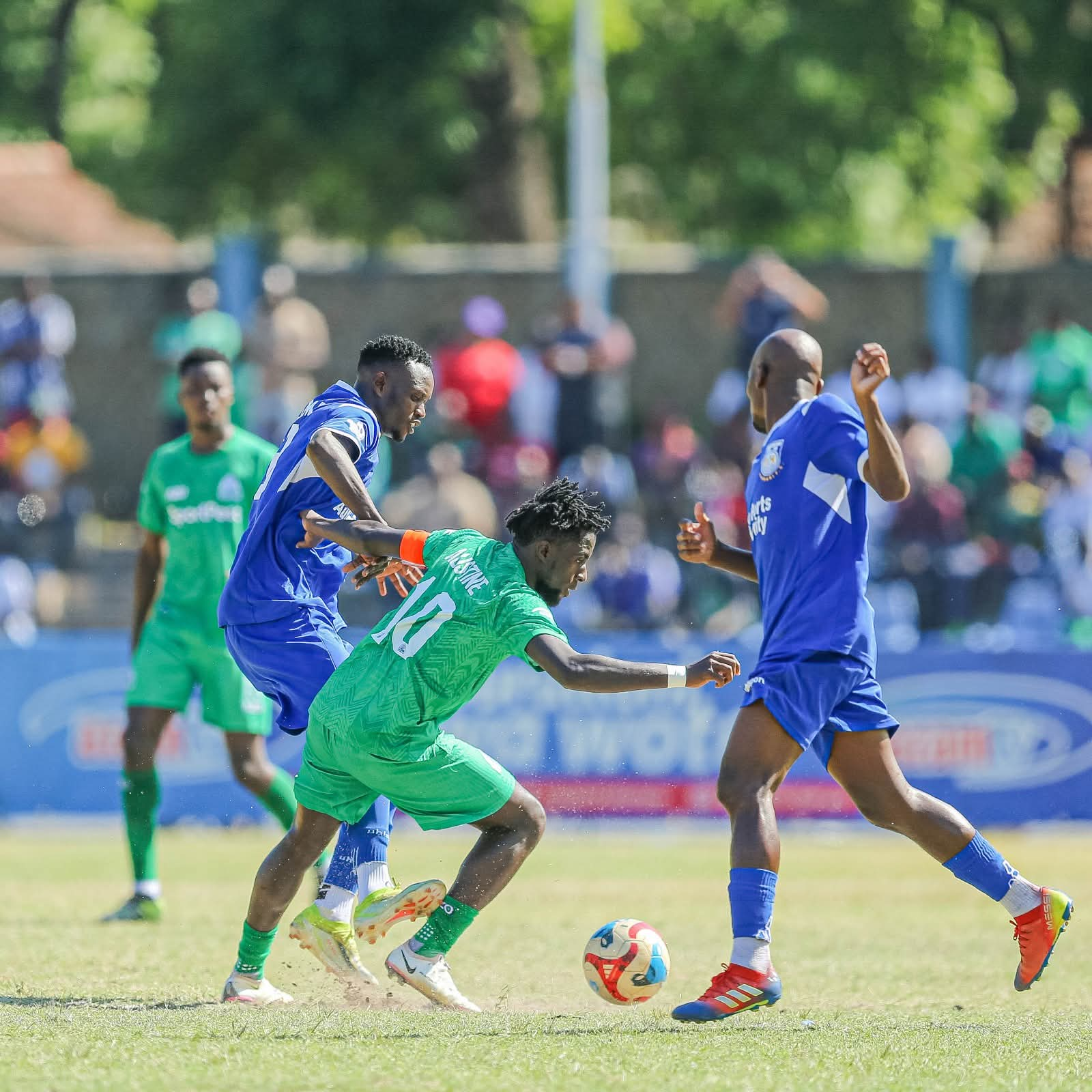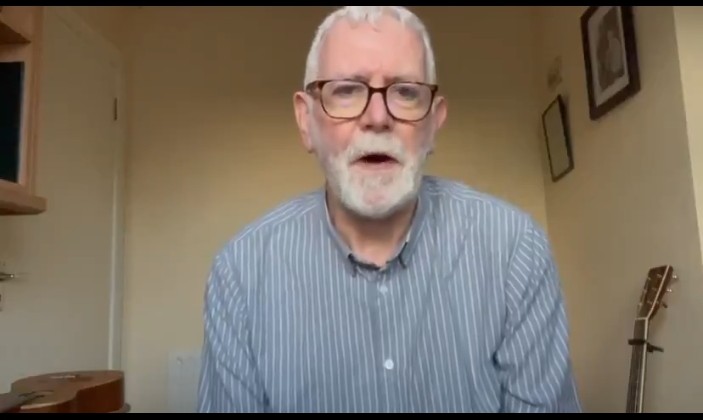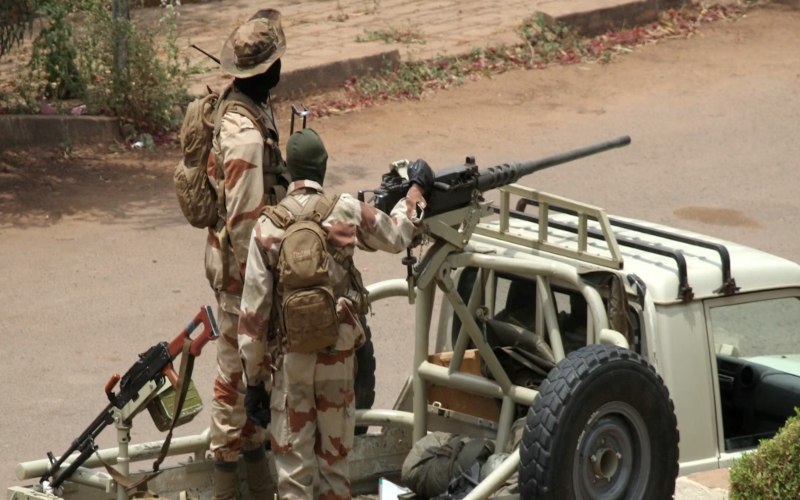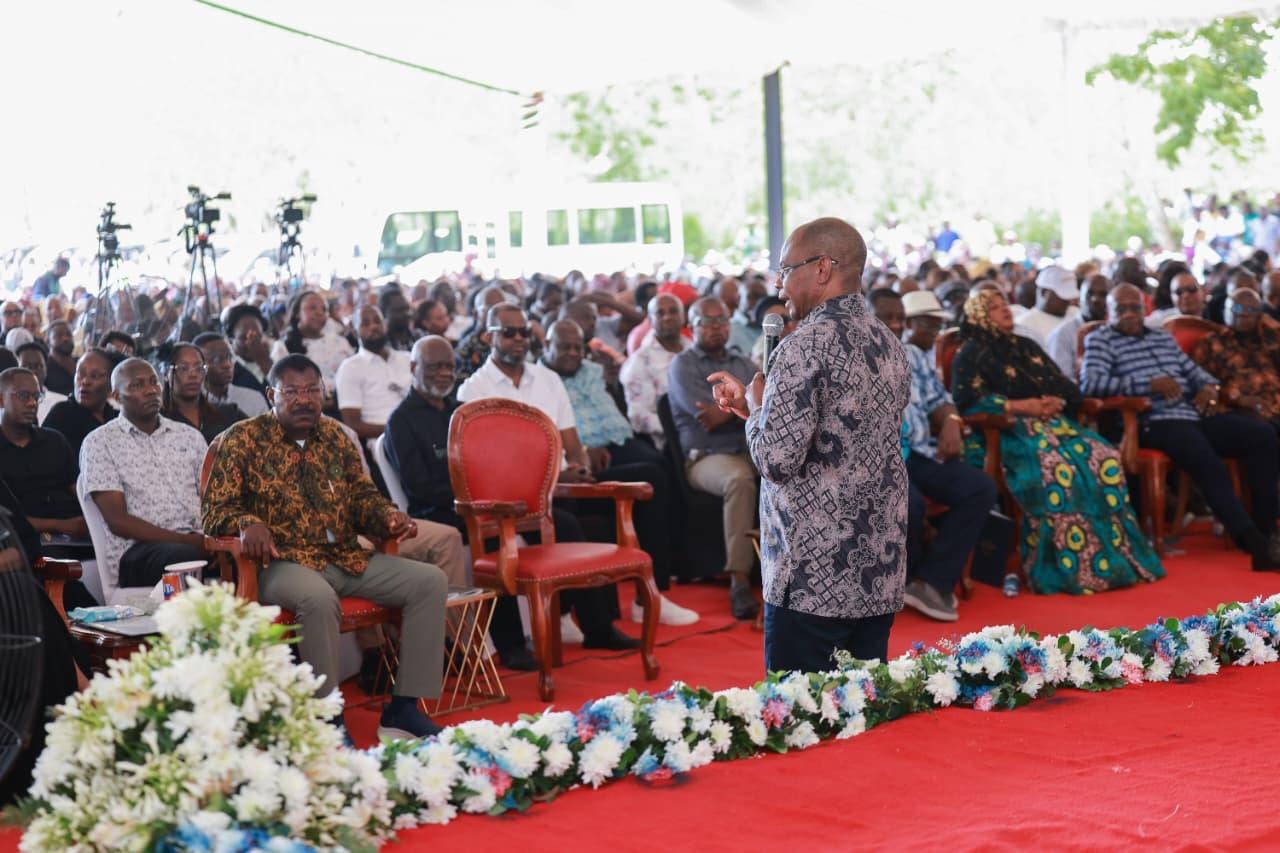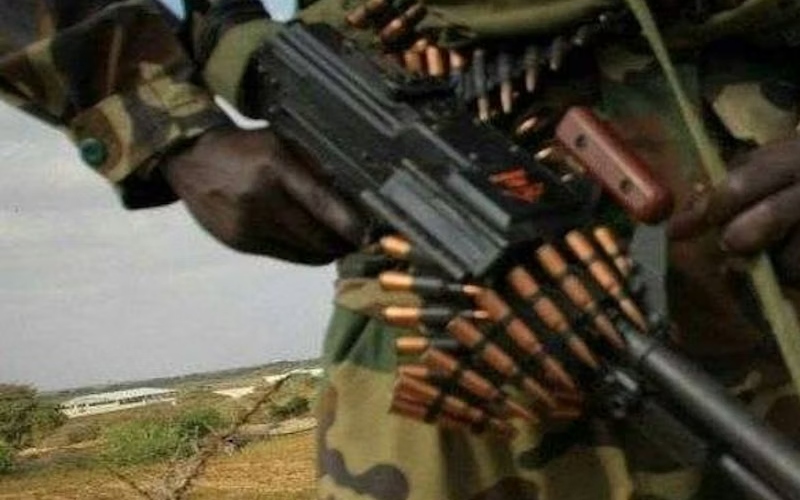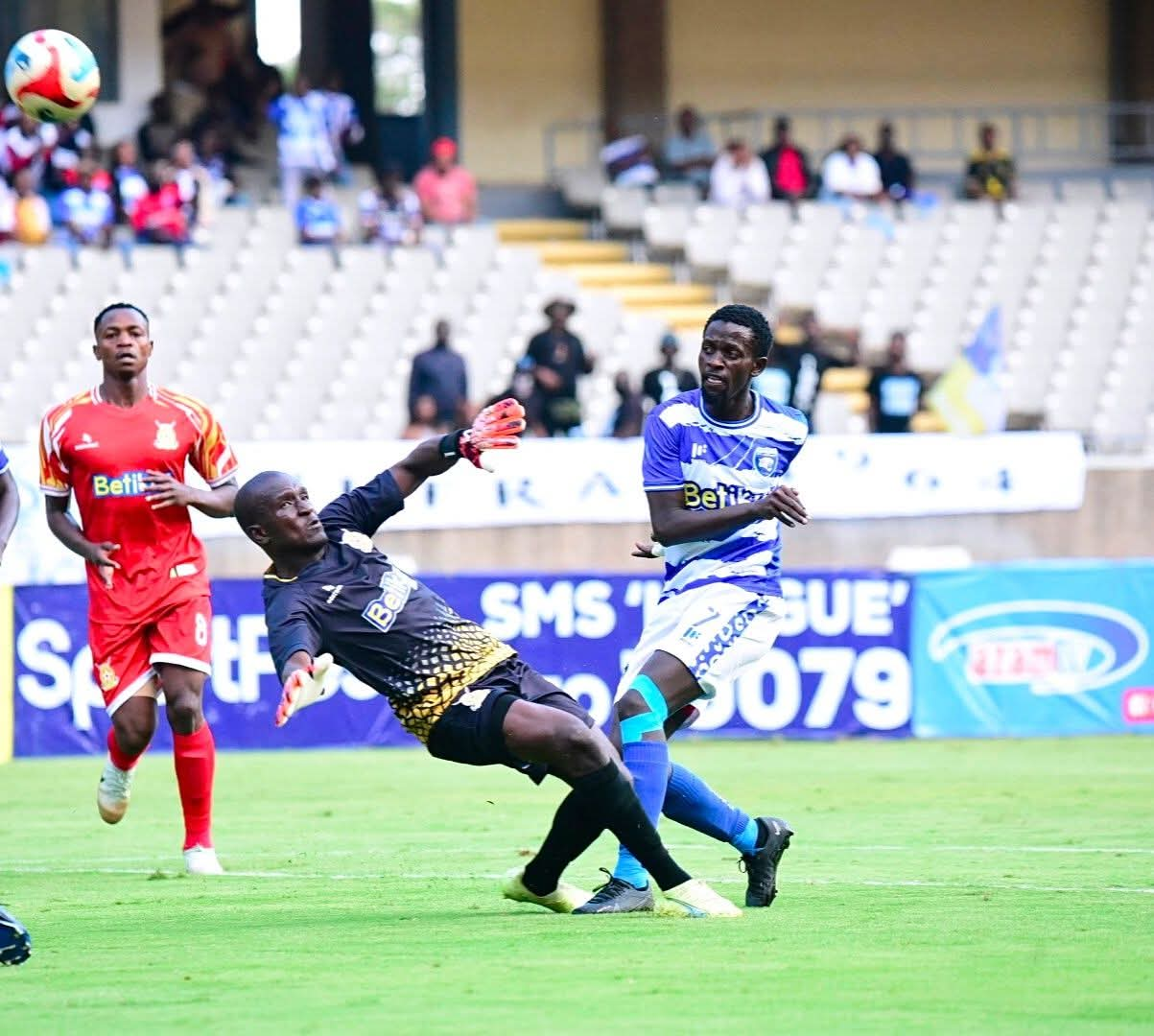AU urges South Sudan holdout groups to embrace Nairobi peace process ahead of polls
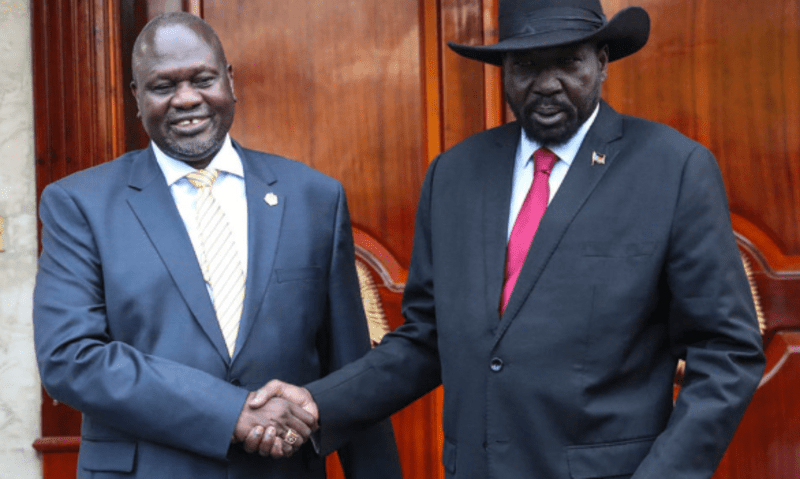
This call comes as a step towards fostering stability and inclusive governance in the war-torn nation.
The African Union Peace and Security Council is urging all holdout groups in South Sudan to engage in the Nairobi peace process and actively participate in transitional arrangements ahead of the anticipated December elections.
"AU strongly urges all holdout groups to join the Nairobi peace process and participate in the transitional arrangements before the envisaged elections," read an AUPSC communique released on Thursday.
More To Read
- Speaker Kingi submits list of absentee landlord farms to Ruto for squatter resettlement
- President Ruto leads nation in mourning former Lugari MP Cyrus Jirongo
- ECOWAS endorses John Mahama as West Africa’s candidate for AU chair in 2027
- Ruto honours Benni McCarthy, Harriet Okach for elevating Kenya’s sports profile
- JKIA–ABC road corridor to get new look as Ruto revives city roadworks
- Ruto honours Kristina Kenyatta, Dorcas Oduor, William Kabogo with EGH awards
This call comes as a step towards fostering stability and inclusive governance in the war-torn nation.
And with just ten months remaining for South Sudan to head to the polls, a cloud of uncertainty looms over the political landscape as parties have failed to reach a consensus while crucial tasks identified by the Reconstituted Joint Monitoring and Evaluation Commission remain unresolved.
Last week, the continental peace and security body met and reaffirmed the solidarity of the AU with the people and government of South Sudan in "their legitimate aspirations to restore durable peace, security, stability and development" in their country.
The African Union was a guarantor of the Revitalised Agreement of 2018 that saw President Salva Kiir sign a peace deal with Riek Machar, formally ending a five-year war that killed tens of thousands.
The deal, mediated by Khartoum and signed in the Ethiopian capital of Addis Ababa, reinstated Machar in his former role as Vice president.
About four million South Sudanese were displaced in half a decade of fighting.
Peace process
Kenya has already commenced a pre-mediation process to peacefully settle a political standoff in Juba between the holdout groups and the Transitional Government of National Unity under President Kiir.
President Ruto deployed his Great Lakes region special envoy, Charles Keter last February to Juba where he delivered a letter containing the framework for resolving the political differences.
The South Sudanese leaders, Keter said, have acknowledged the message and conveyed their determination to play an active role in restoring durable peace in the country.
On January 27, the Kenyan leader received a list of government delegates from President Salva Kiir, delivered by Presidential special envoy Albino Abwong in Nairobi.
During the Italy-Africa Summit in Rome, Ruto held discussions with officials of Saint' Egidio and pledged Kenya would work closely with the former mediators.
There are some reservations within the South Sudan Opposition Movement Alliance (SSOMA), with some members not comfortable with Kenya as the mediator.
A petition to President Ruto cited past actions in which Kenyan security operatives had collaborated with South Sudanese agents to identify, trace, and deport political dissidents to South Sudan where they either ended up in prison or extra-judicially killed.
"As we converse, there are lingering and legitimate security concerns, emanating from the previous cases of kidnapping, abduction, and irregular deportation of opposition leaders, human rights, and political activists some of whom ended up getting killed in South Sudan," partly read a petition by three South Sudanese human rights advocates.
The AU also called for the lifting of the arms embargo and urged the international community to lift any punitive measures imposed against South Sudan.
South Sudan expressed concerns about the United Nations imposition of sanctions on developing nations, arguing that they hinder development efforts.
Last May, a divided UN Security Council extended an arms embargo on South Sudan over protests from the world's newest nation and abstentions from Russia, China and the council's three African nations sympathetic to its demands that sanctions be lifted.
"There are some entities that are interested in sanctions and are using the United Nations," South Sudan Foreign Minister James Pitia Morgan told TRT Afrika last week during the Antalya Diplomacy Forum.
South Sudan blamed the sanctions for its economic challenges.
"To us, we feel like the UN should bring prosperity to the world because that is why it was created. The horror of the Second World War should remind the UN that it was created to keep the world peaceful," Morgan said.
Top Stories Today


